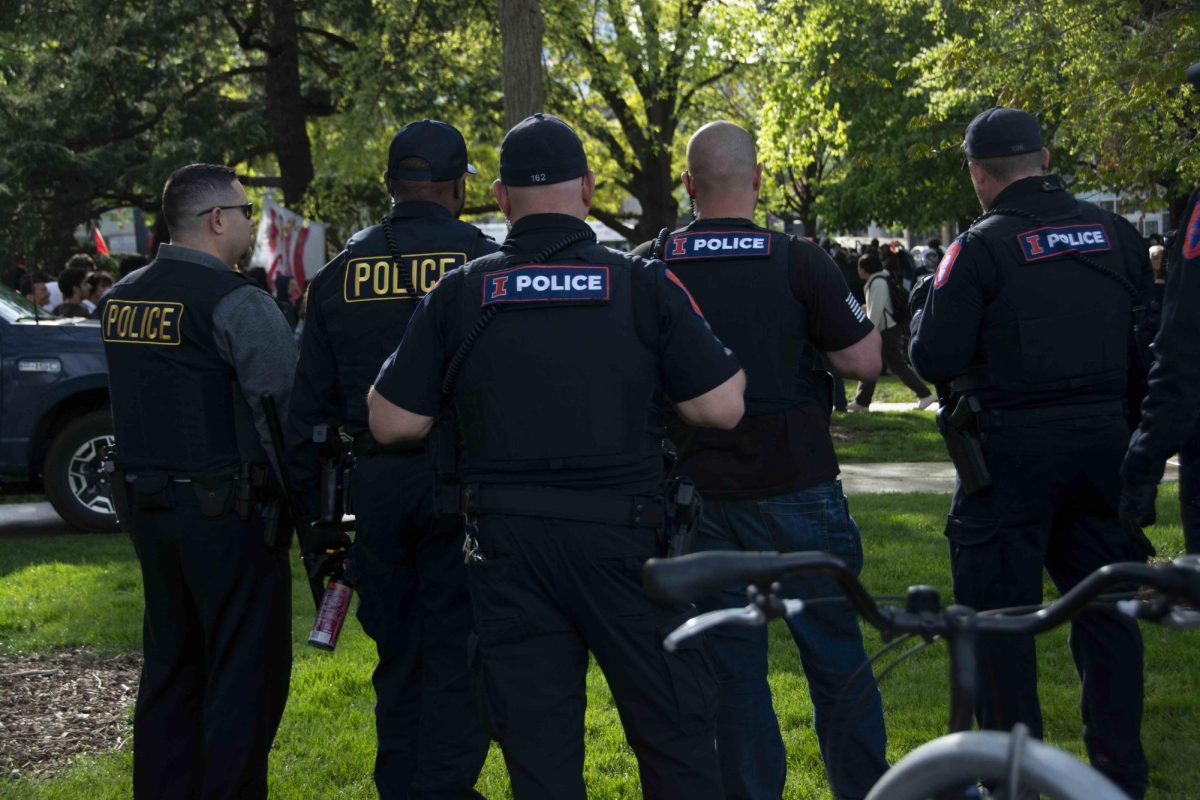Editor’s note: In this part two of a four- part series continuing the rest of this week and early next week, The Daily Illini takes a look at proposed state budget cuts and their effect on various human services programs in Champaign County.
After a conference call Wednesday with the alcohol substance abuse division of the Illinois Department of Human Services, or DHS, the Prairie Center for substance abuse treatment is feeling much less of a strain on its organization, at least until fiscal year 2012 begins.
Bruce Suardini, CEO of the Prairie Center, confirmed no funding will be taken away from the Prairie Center or agencies like it until a decision is made on Gov. Pat Quinn’s budget proposal for fiscal year 2012.
When the budget cuts were initially announced in mid-February, Suardini shut down operation for about a week, releasing patients from the residential and detoxification programs. Patients filled the beds again, however, as cuts were reduced over the past few weeks until Wednesday’s declaration of financial safety.
“I’m feeling relieved,” Suardini said. “Shocked, in a sense that we went through all of this, and (the cuts for this year are) zero.”
Get The Daily Illini in your inbox!
The total budget for the Prairie Center’s three locations in Champaign, Urbana and Danville is $4.5 million per year, $2.3 million coming from the state. The Prairie Center employs 85 people and serves around 5,000 clients a year.
Suardini initially thought he would have to lay off 51 employees and cut off detox and residential treatment completely.
“We would have a devastated program,” he said.
Although the Prairie Center and other agencies around the state under the DHS substance abuse division are safe for the remainder of this fiscal year, its future and many other organizations’ futures are still in question.
“Almost everything (in the budget) is important,” said Fred Giertz of the Institute of Government and Public Affairs at the University. “No one likes to have their budget cut, but that’s sort of the world we live in, and hard choices have to be made.”
Dale Morrissey, Chief Executive Officer of the Developmental Services Center, or DSC, in Champaign, disagrees. He said he sees wasteful spending at the state level and feels that cutting the budget for human services is “not appropriate.”
“We’ve already received reductions over the past five years,” he said. “(The state should) cut that waste out before they cut what’s needed for local citizens.”
The DSC annually serves around 1,400 people with developmental and intellectual disabilities. If the budget cuts go through, the DSC stands to lose $450,000 of its $12 million budget.
“We already had waiting lists for nearly every program and service … and these waiting lists would grow longer,” he said. “We have to reduce services to some individuals.”
In addition to reduced services to clients, the DSC may have to lay off at least nine employees, according to the United Way’s survey.
“The state is trying to balance its budget on the backs of the most vulnerable people in the state, and that’s just not right,” said Andy Kulczycki, director of the Community Service Center of Northern Champaign County, located in Rantoul, whose organization may also face major cuts.
Suardini said the biggest impact on the community comes not from the budget cuts themselves, but from the effects of the agencies’ interconnectedness, and he is worried the hardships of one organization may negatively impact all the others.
“We are all interconnected in that we almost all service some of the same clients,” he said.
While the cuts may provide temporary budget relief in the short run, Suardini said he believes that in the long-run, the lack of services will cause a huge economic strain.
“For every dollar we spend in treatment, nine (is saved) in health care costs,” he said, referring to substance abuse treatment.
Suardini said the same is true in all other sectors of human services.
“As social services begin to shut down … we will see more of the homelessness becoming a burden to the community,” he said. “Whether it’s violence in the streets or issues with kids, or inability to get employment … (it) will burden this community.”




